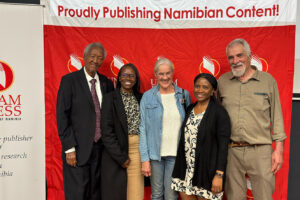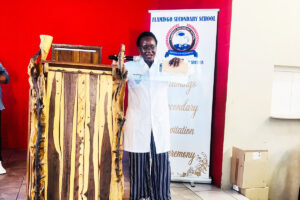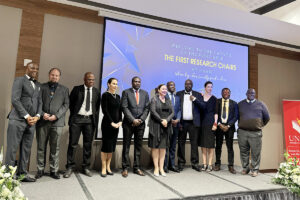The School of Education at the University of Namibia, Southern Campus in Keetmanshoop, recently hosted its second Teaching Practicum Stakeholders Engagement Seminar, marking a key shift in teacher education. Following on from the first seminar, this event focused on innovative approaches to teaching practicum and updated policies on internships.
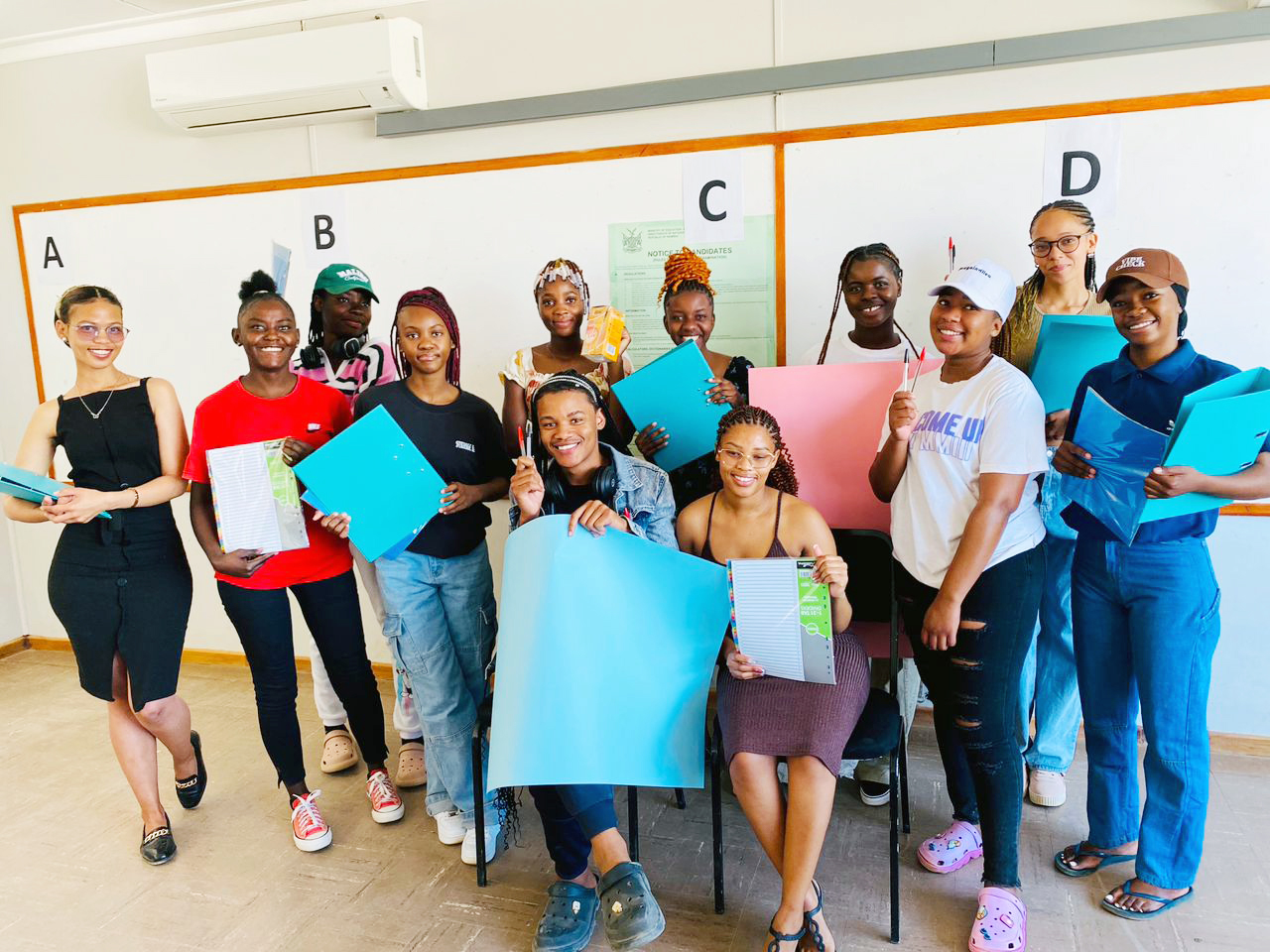
Held in a blended format with over 100 participants, including regional directors, lecturers, and student teachers, the seminar demonstrates UNAM’s ongoing charge to reshaping teacher education in Namibia.
A digital shift: Doctopus for e-Teaching Practicum Files
One of the seminar’s key outcomes was the decision to adopt Doctopus, an electronic platform for managing Teaching Practicum files. This shift away from traditional hard files will begin in 2025, with students from the new curriculum leading the way.
“Students from the Southern Campus convinced the School of Education and regional delegates that physical files are no longer relevant in modern teacher education.
“This marks a big achievement for UNAM, as it introduces the first-ever e-Teaching Practicum Files in Namibia”, said Mr. Simon Albin, Mathematics Education Lecturer and Teaching Practicum Coordinator at Southern Campus. This transition aligns with UNAM’s strategic objective to incorporate Information Communication Technology into teacher training, ensuring that the practicum process is effective and efficient.
Internship policies: Clarifying rights and compensation for student teachers
A key feature of the seminar was a comprehensive lecture on internship policies delivered by Mr. Gerhard Ndafenongo, a passionate teacher and Regional Director of Education, Arts and Culture in Otjozondjupa Region. Mr. Ndafenongo provided crucial insights into the regulations governing student internships, including the placement and remuneration of interns employed by the public service.
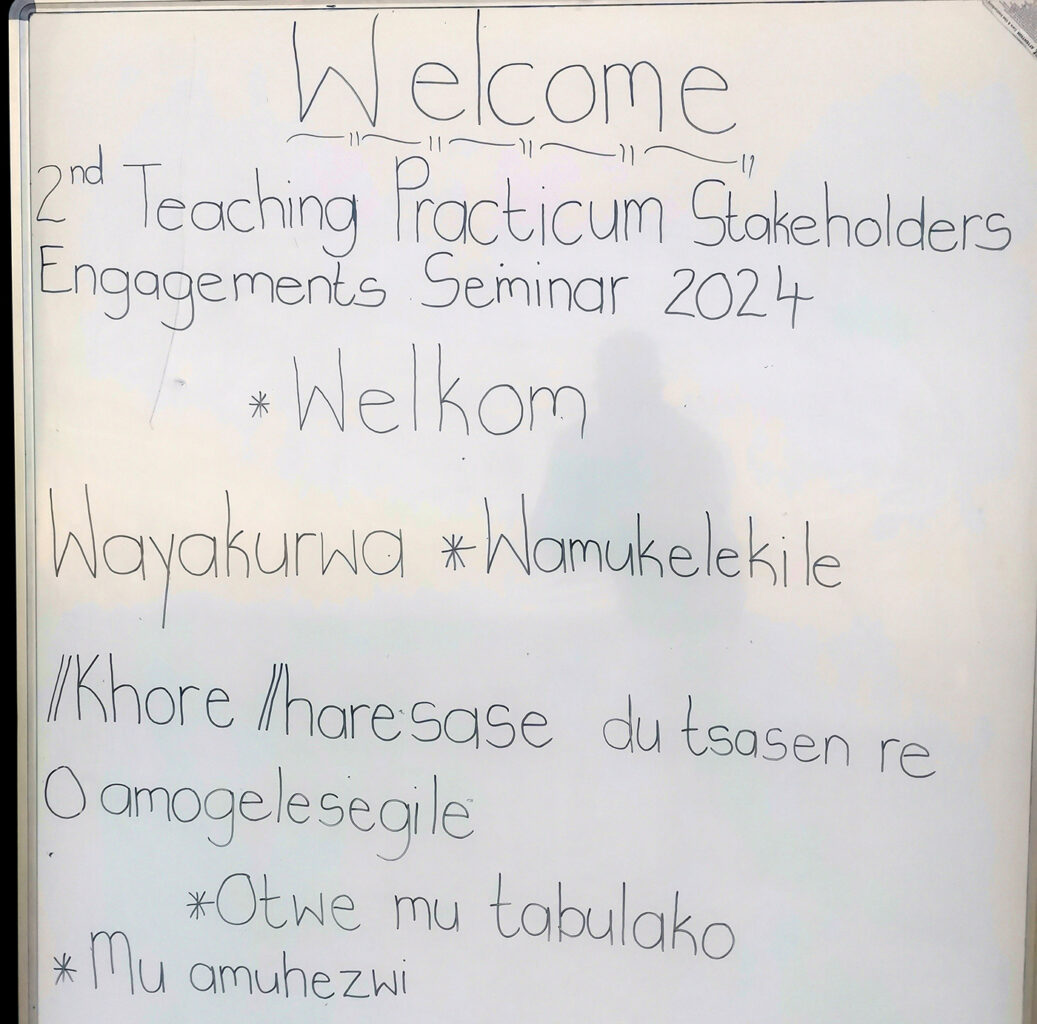
In his address, Mr. Ndafenongo firmly reassured every student that they are entitled to a monthly minimum wage of N$2,076.00, a critical clarification for student teachers who often face financial challenges during internships.
Furthermore, he discussed three types of internships recognised by the public service commission and urged students to engage actively with funding institutions and the Office of the Prime Minister to secure remuneration for their teaching practicum placements. This lecture sparked a robust conversation about student interns’ rights laying a solid financial support of internships within Namibia’s public education sector.
Supporting Teaching with Practical Resources
For the first time, UNAM’s School of Education distributed vital teaching aids to student teachers in preparation for microteaching and the 2025 Teaching Practicum Phase 1 and beyond. Each student received posters, pens, file dividers, and chalks to enhance their teaching skills through microteaching.
“This initiative reflects our commitment to equipping student teachers with the tools they need to succeed. We believe in practical preparation to ensure our teaching graduates from the University of Namibia are ready for any challenges that may hinder effective classroom teaching and learning”, said Mr. Albin.
Apart from the transformed curriculum the University offers, it will also ensure its graduates stand out through quality pre-service training and on job training and fit for the job market.
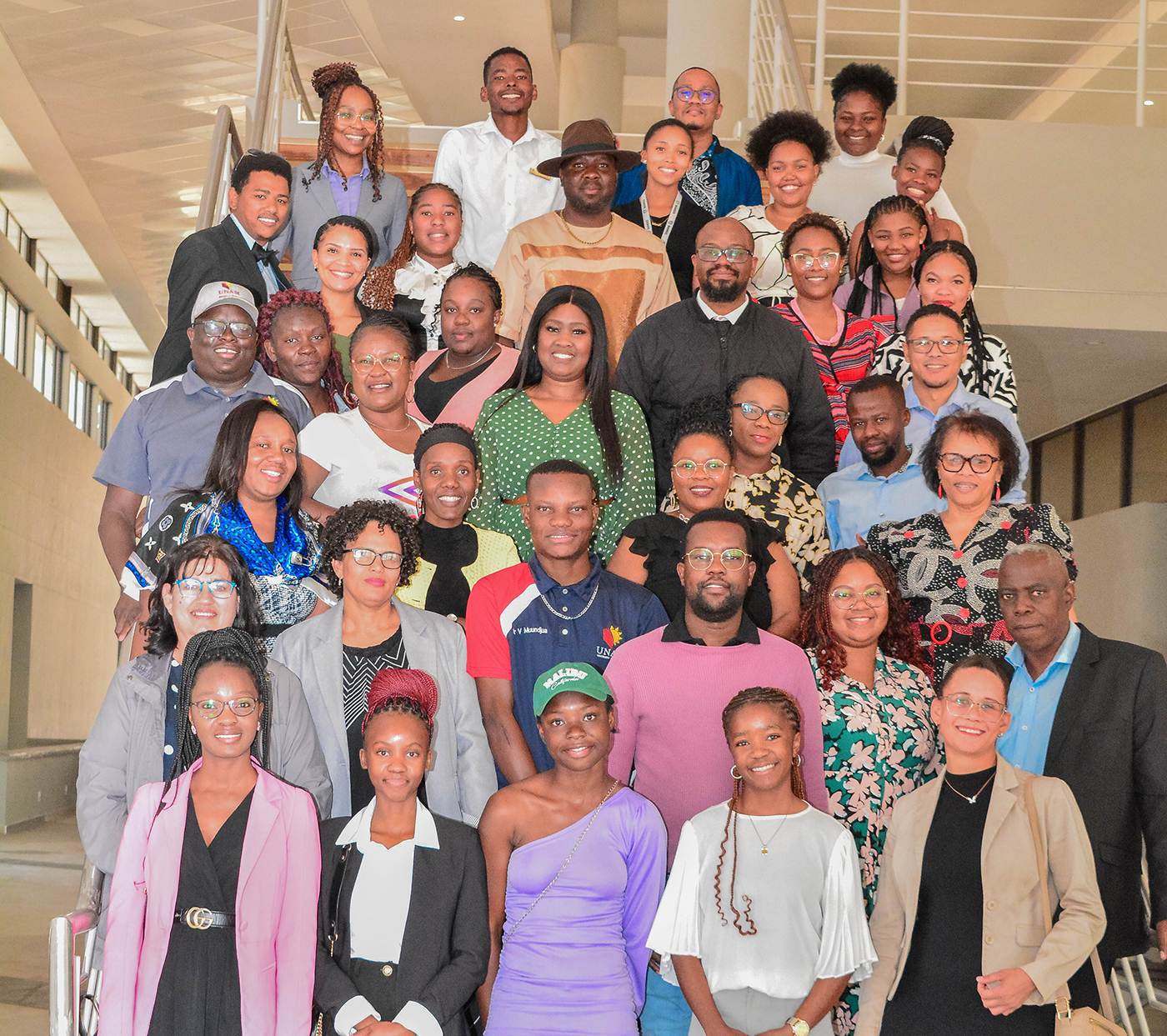
Building on the First Workshop
Although the focus was on the future, the second seminar revisited key points from the first seminar in 2023, particularly the need for identifying, training and certifying mentors for students in schools.
Last year, the seminar re-emphasised the importance of providing comprehensive support for mentor teachers to guide student interns effectively. During the first seminar, Albin reassured the delegates that, “UNAM is making steady progress, yet there is more expectations and demands to commit to, towards improving networking, communication and achieving efficient and effective student internship experiential learning”.



